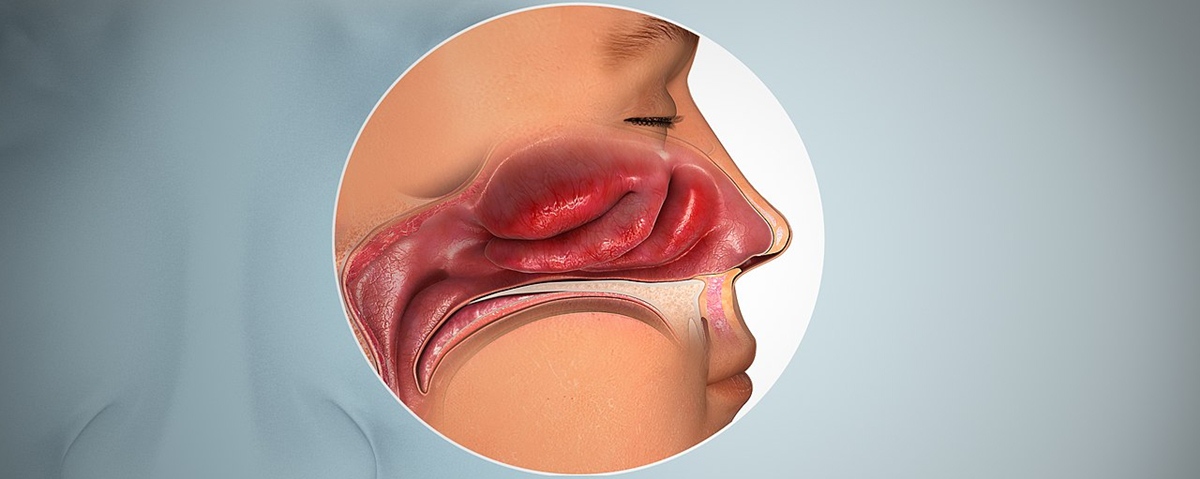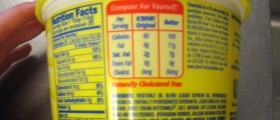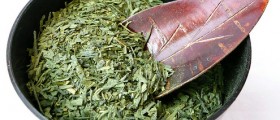Not many children did favor those moments when they were rushed to take their cough medicine, and it can be said that the reaction at those moments was universal. But the fact that our sense of smell didn’t particularly like what was coming, actually signals more than just our disapproval of the medicine. What it reveals is the relationship between our smell and taste. What only a few know is that once the food loses its pleasurable taste, the nose is mostly to be blamed.
Diagnosis
At the bottom of this mystery lies the following: when certain infections or inflammation starts to spread inside the nose and affect the membranes, they slowly start to swell. In turn, this makes it difficult for the odor-bearing air molecules to reach your nose, and more importantly, those smell receptors.
Conditions that add up to this further are different allergies, colds, faulty sinuses, and various bacterial infections. In addition, pollutants and chemicals that we are exposed to will most certainly heavily affect our nose and sense of smell and bring about the loss of smell eventually.

One factor which we can control is old age. It is known that as we grow older, just like other bodily functions, the sense of smell also starts its gradual but unavoidable demise. Translated into numbers, when you pass the 70-year age mark, your sense of smell is bound to be half as worse as it was when you were younger.
Once this gradual decrease starts, the fact that your favorite food loses its taste is just one minor thing to be concerned about, because further possible consequences are far more serious. When our sense of smell isn’t fully operational it can get us in a whole lot of trouble, starting from the inability to smell the food that has gone bad and thus risk causing food poisoning, and even worse you can fail to detect a gas leakage, or the first signs of a fire. Analyzed in this way, we can conclude that our sense of smell is here to warn us about the potential dangers that can befall us daily.
Treatment
To keep it working perfectly, there are numerous measures to be taken by an individual. For one thing, it is extremely important to rest and be patient with the nose clog, for unclogging on its own is a common occurrence. As we already know, it doesn’t take much for the cold, for example, to be successfully warded off – just a couple of nights of resting and a good sleep. The same goes for our nose and sense of smell.
Another way is using everybody’s favorite – a hot bath since the sweat has the potential to cause your nose to clear up completely. If a person is experiencing inflammation of some kind, he/she should consult a doctor who will discover the main cause. This is most often some sort of infection of the upper respiratory system. For treatment, corticosteroid medicines and supplements rich in vitamins C and E are employed.
Other steps that can be taken by an individual, to ameliorate and avoid the loss of smell sense, are the removal of polyps and saying no to cigarettes. In case a person has a tumor and his/her sense of smell is affected, then this tumor is most likely to be non-malignant. But for the sake of keeping your sense of smell, removing the tumor is more than recommended.
- A prospective, cohort and randomized study was conducted. The main inclusion criterion was the loss of smell and taste for at least one week.
- Homeopathic remedies were also applied as supportive therapy. Visual Analog Scale (VAS) was used to evaluate the loss of smell and taste perception before and after treatment.
- A total of 30 patients, 32.17±10.25 years, were included in the study. The mean pre-treatment VAS-smell perception of the patients was 0.67±1.24, while the mean VAS-taste perception was 2.57±3.01. After the treatment, the mean of VAS-smell perception was 8.67±1.92, while the mean of VAS-taste increased to 9.43±1.22.
- There was a strong positive correlation between ?VAS-smell perception and ?VAS-taste perception (r: 0.563, p: 0.001). There was also a strong negative correlation between ?VAS-taste perception and the level of ferritin (r: -0.552, p: 0.002).

















Your thoughts on this
Loading...